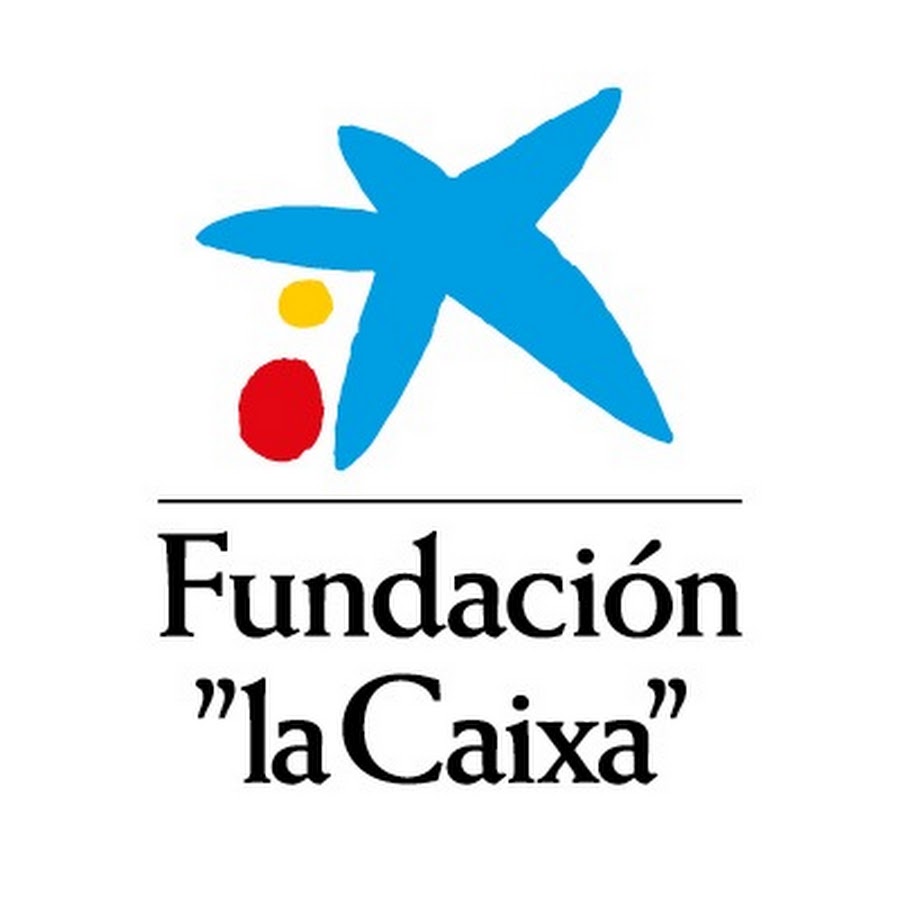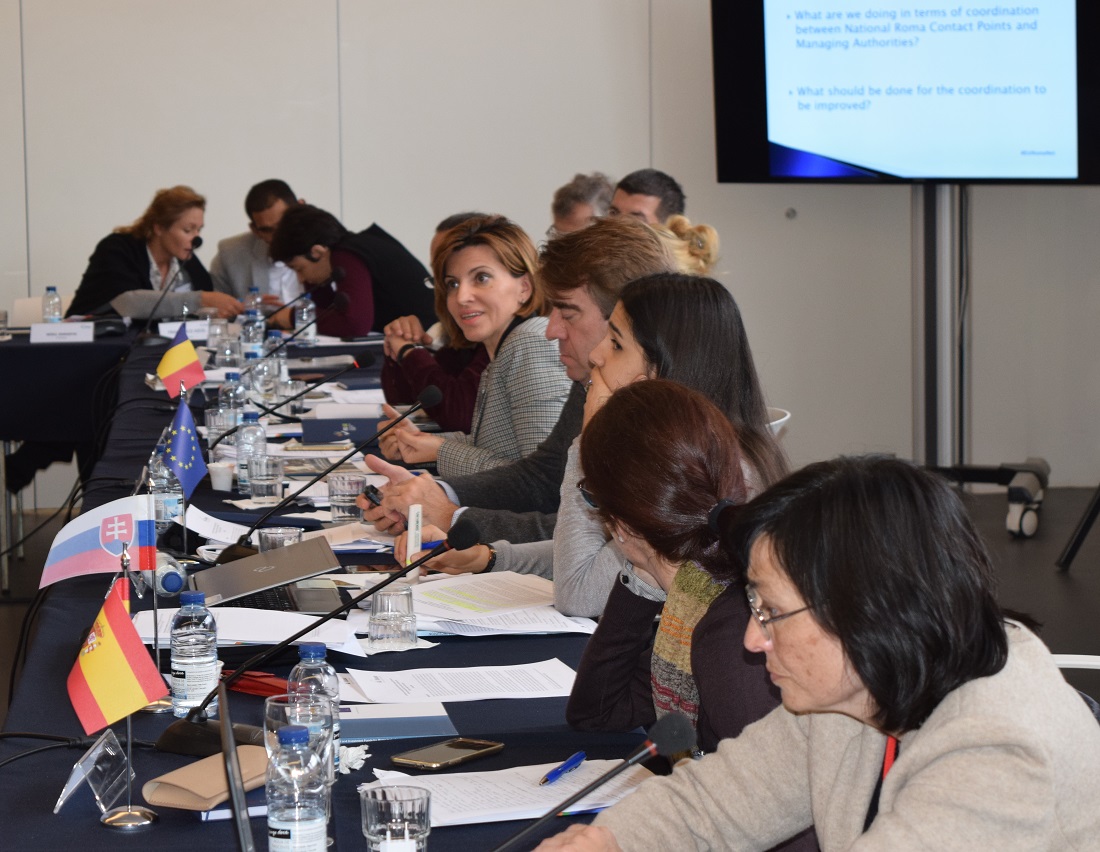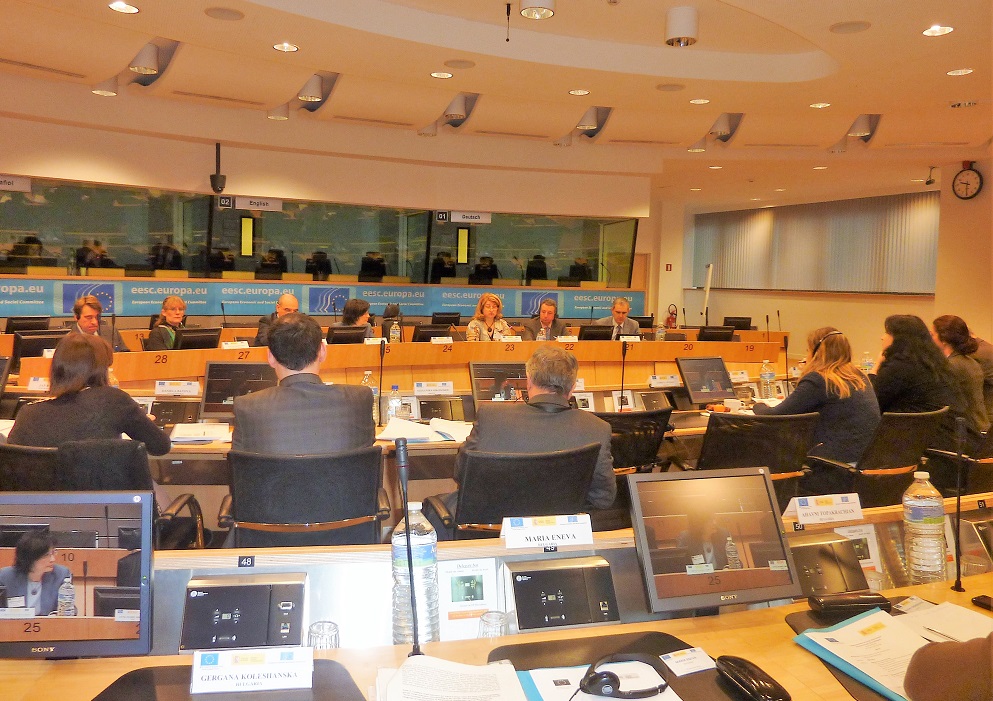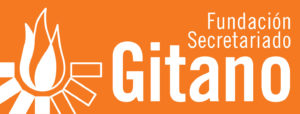During its years of work, EURoma has been not only highly valued by relevant actors but was also one of the most active transnational networks. Both the Network partners and the European Commission value positively the work and impact of EURoma, which has become a forum of reference as regards European Cohesion Policy Funds and Roma equality and inclusion. A number of factors demonstrate the value and impact of EURoma.
Value
- The creation of EURoma was an achievement in itself as it brings together the bodies responsible for the financial resources with those responsible for Roma policies (i.e. National Roma Contact Points). EURoma has been putting into practice and consolidating an innovative partnership working method among key stakeholders, advancing in the partnership principle now established in the EU Regulations.
- It has been pioneer and innovative in introducing Roma inclusion in the agenda of the bodies managing European Cohesion Policy Funds (initially ESF/ESF+ and increasingly ERDF) and in addressing it using a specialised approach.
- It has a large scope, currently involving fifteen Western and Eastern Member States, including those with the highest percentage of Roma population and those that are countries of destination of a large number of migrant Roma. In addition, others take part in specific activities. The steady participation of the twelve countries that joined the Network in 2008 and the willingness expressed over the years by other countries to get involved in it or to use and disseminate the Network products is a proof of the interest raised by the Network.
- The work of the Network, considered a good model of horizontal cooperation between Member States within the EU policy framework, has been aligned with the European Commission principles and agenda. The continuous involvement of the European Commission (notably the Directorate-General Employment, Social Affairs and Inclusion, the Directorate-General Justice and the Directorate-General Regional Policy), in addition to showing the value given by the institution to the Network, has been crucial in promoting this alignment and creating valuable synergies among the Commission and the Network.
- It has managed to involve other key actors for Roma equality and inclusion. In particular, the Network has incorporated in its activities the knowledge and experience of European Regional Development Fund (ERDF) Managing Authorities, European institutions and European and international organisations. Organisations such as the World Bank, the Committee of the Regions, the Council of Europe, the European Fundamental Rights Agency, the United Nations Development Programme, the Eurocities Network, the Open Society Foundations, the Roma Education Fund and the European Training Foundation have regularly taken part in Network activities. In addition, EURoma has also facilitated the involvement of regional and local administrations as well as non-governmental organisations.
Impact
- EURoma has boosted the idea that European Cohesion Policy Funds are a key financial and political tool at the disposal of EU Member States to design and implement policies to promote Roma equality and inclusion.
- It has prompted the creation of a link, which was inexistent until then, between the bodies that decide on the Roma policies (National Roma Contact Points) and the bodies that allocate the financial resources (Managing Authorities/Intermediate Bodies/other management bodies). It is the first and only Network gathering these two different and crucial types of stakeholders.
- The networking between these actors has contributed to the alignment between financial resources and policies.
- It has helped to integrate the Roma issue in the agenda of the European Cohesion Policy Funds in a more efficient and coherent way with existing needs: there has been a growing consideration of Roma in programmes (both at national and regional level) and the interventions and there has been a convergence in terms of approaches and methodologies to make a more efficient use of the funds.
In this sense, EURoma has contributed to the implementation of the 2007-2013 and 2014-2020 programming periods and to the advances in the 2021-2027 period, including the incorporation of a explicit focus on Roma.
- EURoma has had a trigger effect by identifying new issues before they were on the agenda of relevant stakeholders, raising awareness about their importance and making proposals for their consideration (e.g. importance of involving the local level, integrated approach, etc…). It has had the capacity to make the Commission’s principles and ideas visible and promote them by showing how to translate them into concrete actions (e.g. integrated approach, data collection…).
- It has also promoted a more effective use of European Cohesion Policy Funds for Roma equality and inclusion among EU institutions and Member States and issued practical recommendations on possible ways to tackle Roma needs and address Roma socio-economic inclusion aimed at informing the design of the subsequent EU Funds policy frameworks (Common Provisions Regulations, Partnership Agreements and Programmes).
- Together with the ESF Learning Network ‘Reinforcing policy learning for Roma inclusion’, EURoma provided support to Member States during the planning phase of the 2014-2020 programming period with respect to the incorporation of Roma inclusion in the Partnership Agreements and Operational Programmes. Both Networks were key platforms for reflection and mutual learning among partner countries on the lessons learnt from the 2007-2013 programming period and on ways to effectively incorporate Roma inclusion in the 2014-2020 programming period.
- It has identified crucial elements for the effective implementation of European Cohesion Policy Funds to promote Roma equality and inclusion and suggested, based on knowledge and experience, approaches and strategies to make a more efficient use of the Funds.
- It has served to monitor progress as regards the use of European Cohesion Policy Funds and areas where further improvements are needed.
- The Network has become an important actor at European level regarding the promotion of a more efficient use of European Cohesion Policy Funds for Roma equality and inclusion, as shown by the fact that it is invited to take part in the main events, fora and decision-making platforms in these areas. Throughout its years of work, the Network has been present in numerous European and in some cases national events to share its experience, activities and products, and participates in the most relevant spaces related to Structural Funds and Roma inclusion at European level.
Finally, the high number of mentions and acknowledgments of the role of the Network are another proof of the impact and visibility of the Network.
Funded by:







